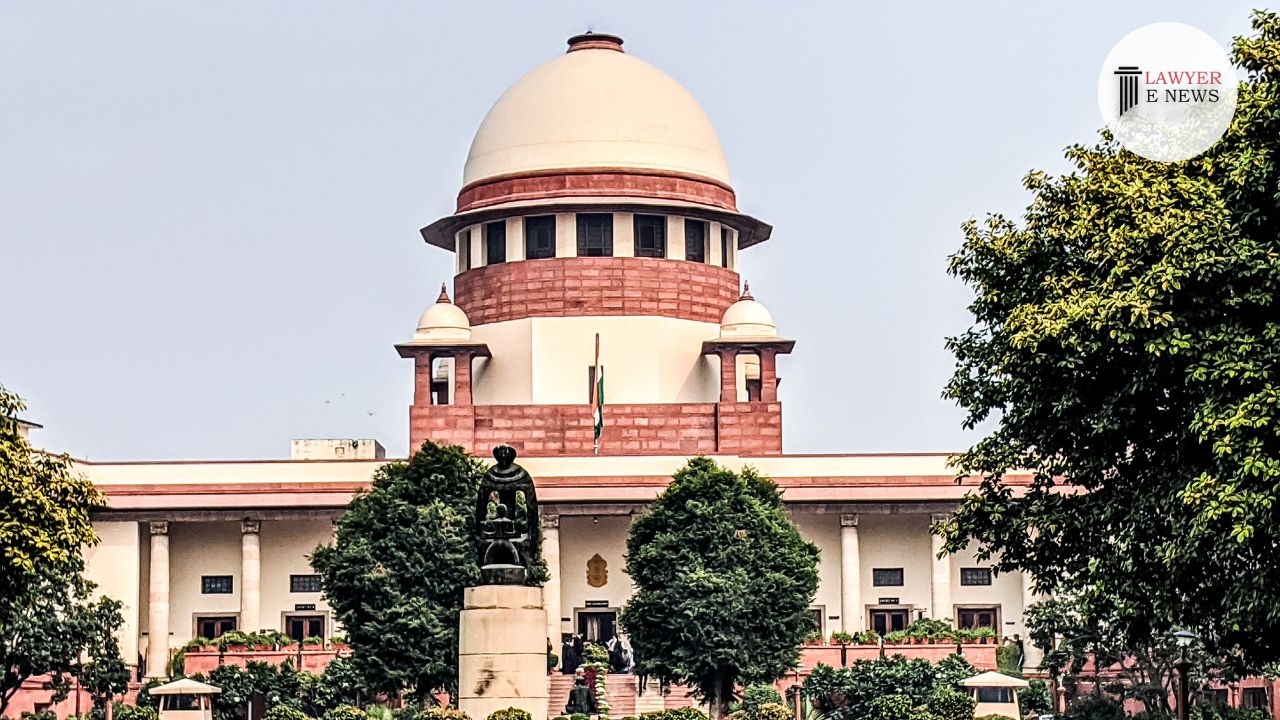-
by Admin
16 February 2026 1:47 PM



In the case of Velthepu Srinivas and Others v. State of Andhra Pradesh (now State of Telangana) and Anr., the Supreme Court of India has delivered a nuanced judgment distinguishing between murder and culpable homicide. The Court upheld the life imprisonment sentences of three appellants under Section 302 read with Section 34 of the IPC for murder, while modifying the conviction of the fourth appellant (A-3) to Section 304 Part II IPC for culpable homicide, sentencing him to 10 years imprisonment.
The genesis of the case lies in a political rivalry in Janda Venkatpur, Telangana, leading to a fatal attack on the deceased by four accused belonging to a rival family. The incident, involving the use of an axe, sword, stone, and knife, was reported by the son of the deceased, who was an eyewitness.
In its detailed assessment, the Court scrutinized the eyewitness testimonies and physical evidence. A pivotal observation was the differing roles and intentions of the accused in the attack. While A-1, A-2, and A-4 were found to have actively participated in the murder using lethal weapons, A-3’s involvement was deemed less severe, as he only used a stone and lacked the intention to commit murder.
The judgment delineated the legal principles concerning Sections 302 and 34 of the IPC, relating to murder and common intention, contrasting them with Section 304 Part II IPC, which covers culpable homicide not amounting to murder. The Court’s decision to modify A-3’s conviction was based on the absence of a shared intention to commit murder and his lesser degree of participation in the crime.
Ultimately, the Supreme Court’s decision upheld the life sentences for A-1, A-2, and A-4 for murder, while reducing A-3’s sentence to 10 years for culpable homicide. This judgment is significant for its detailed analysis of the individual roles and intentions of the accused in a murder case.
Date of Decision: February 06, 2024
Velthepu Srinivas and Others v. State of Andhra Pradesh (now State of Telangana) and Anr.
